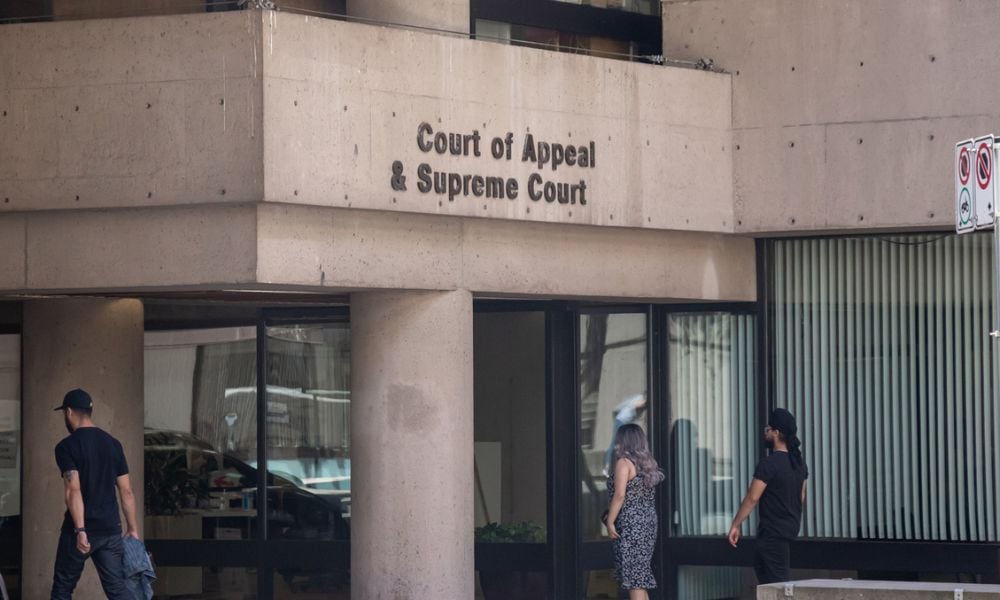The exclusion ensures that individuals are not burdened by the costs of proving their case: court

In a recent personal injury case, the BC Supreme Court granted a plaintiff's application for excluding certain disbursements under the Disbursements and Expert Evidence Regulation.
The application, brought under s. 5(6) of the regulation sought to exclude disbursements related to expert reports and appearances for a physiatrist and a psychiatrist. The case stemmed from a motor vehicle accident in 2015. The plaintiff, who was 14 years old at the time of the accident, claimed injuries that significantly impacted his physical and mental health, including neck and back injuries, soft tissue injuries, and psychological distress manifesting as anxiety, depression, and post-traumatic stress disorder.
The court's analysis centred on the regulation's provisions that govern the exclusion of certain disbursements to ensure that individuals like the plaintiff are not unduly burdened by the costs associated with proving their case. The court underscored the necessity of expert evidence in substantiating claims of personal injury, particularly when pre-existing conditions and the causal link between the accident and the alleged injuries are in dispute.
The court referenced the regulation's intent to cap disbursements at 6 percent of the total award of damages unless the court's order excludes such disbursements. While aimed at controlling litigation costs, this cap raised concerns about a plaintiff's ability to fully present their case, especially when facing significant personal injury claims requiring expert testimony to establish causation and the extent of injuries.
The BC Supreme Court found that excluding the costs for expert reports and appearances was justified, given the complexity of the plaintiff's injuries and the potential for those costs to exceed the regulatory cap. The court deemed it necessary to avoid undue hardship on the plaintiff, who faced financial challenges post-accident, including reliance on food banks and a modest income that would not comfortably cover the required disbursements.
The court highlighted the essential role of expert evidence in the judicial process, ensuring that plaintiffs have the means to adequately present their cases without facing prohibitive costs. Ultimately, the court allowed the plaintiff’s application to exclude the cost of the physiatry and psychiatric reports, expert preparation, and trial attendance fees.









